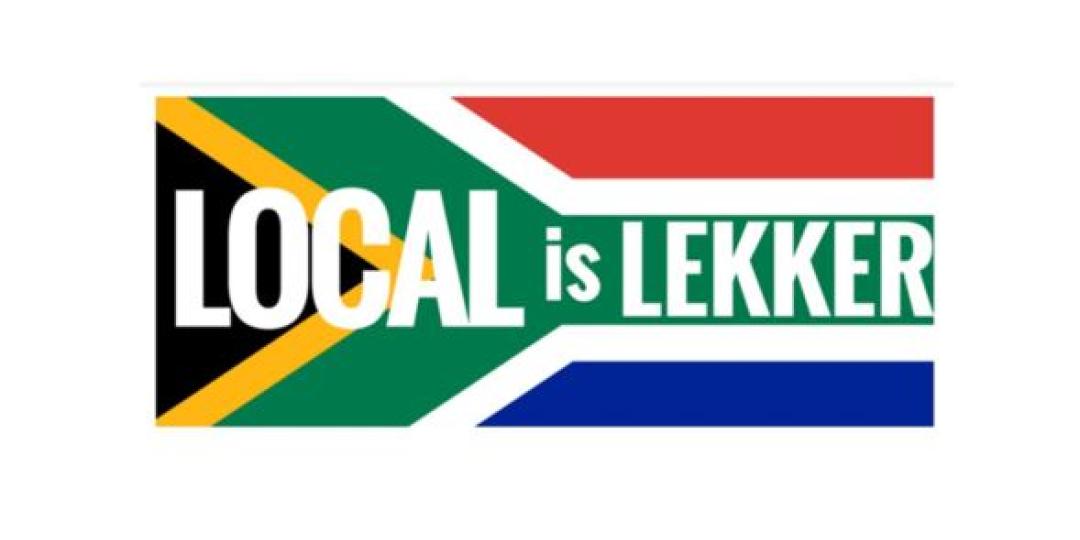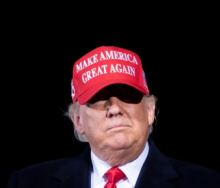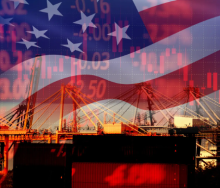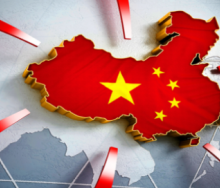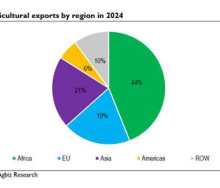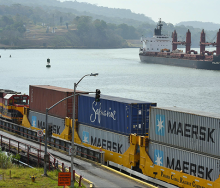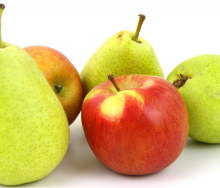Coronavirus-induced supply chain challenges proved to be a “mother of invention” of sorts for consumer goods company Unilever which had to source material locally to support sustained supply chain efficiencies.
According to Hashila Daya of Trade Investment KwaZulu-Natal (Tikza), the British-Dutch distributor recently found itself seeking solutions to a Covid-related supply problem.
Addressing a webinar hosted by the Transport Forum, Daya said: “In the past they have had to import wrapping for some of their soap lines.
“Now they are manufacturing their own wrapping in-house.”
It goes to show, she said, how current necessities appeared to be stimulating local production opportunities, revitalising segments of the economy, creating employment, and fuelling recovery efforts from a global pandemic that is tightening its grip on the country.
The Unilever anecdote, Daya said, was just one example of the success Tikza had achieved with its programme of “business retention and expansion (BRE)”.
Based on collating information through comprehensive surveys, Tikza’s BRE Unit initiatives are proving successful in the areas of Kwa-Zulu Natal where its Q&A methods have been applied.
Daya, who heads up the unit after attending BRE training in the US, said: “Basically we look at gaps and challenges and how these can be rectified. That’s our focus.”
The fact that a leading multi-national enterprise approached Tikza some two weeks ago, hoping that it will help find an alternative to Unilever’s wrapping problem, underscores the value that the BREU has added to local economic stimulus efforts.
“Responses to the pandemic can be found on home soil,” she said.
And not all responses have to be reactive.
Through its early warning and response system, Tikza also looks at ways to meet challenges head-on.
